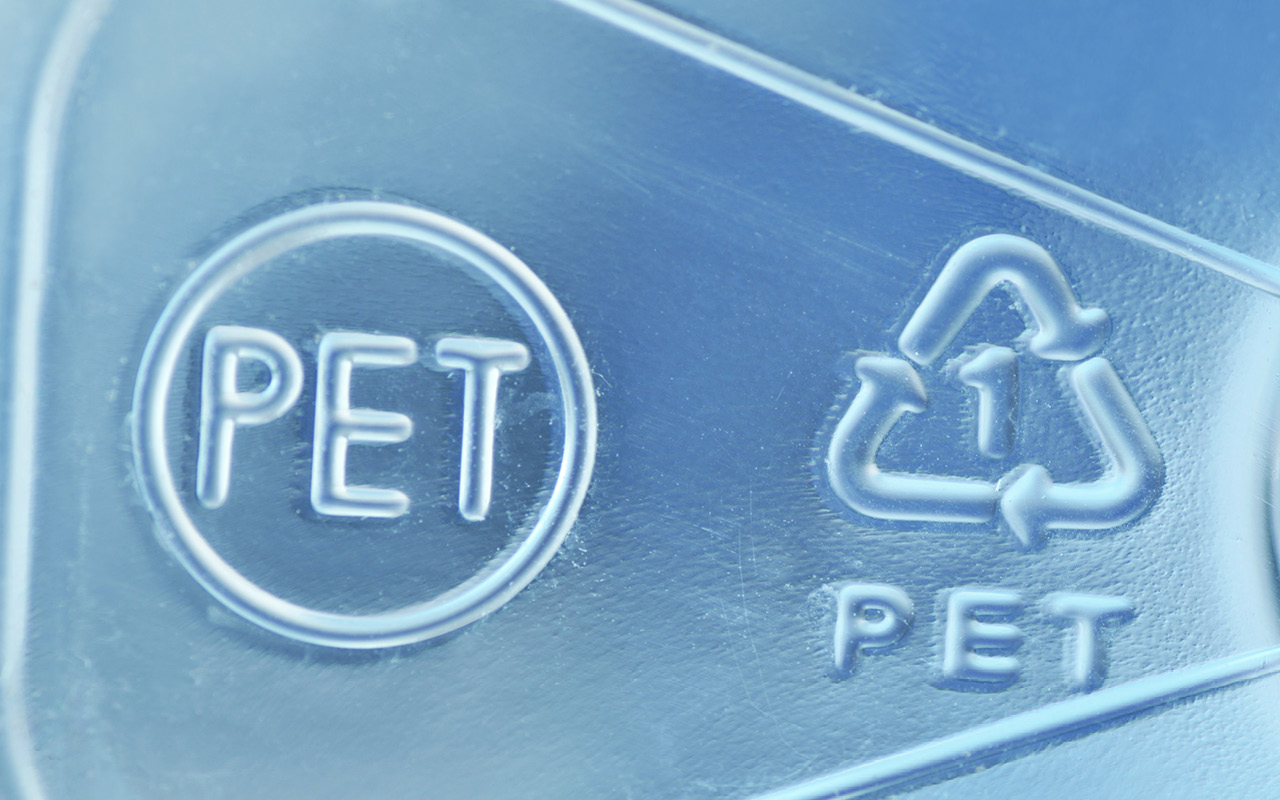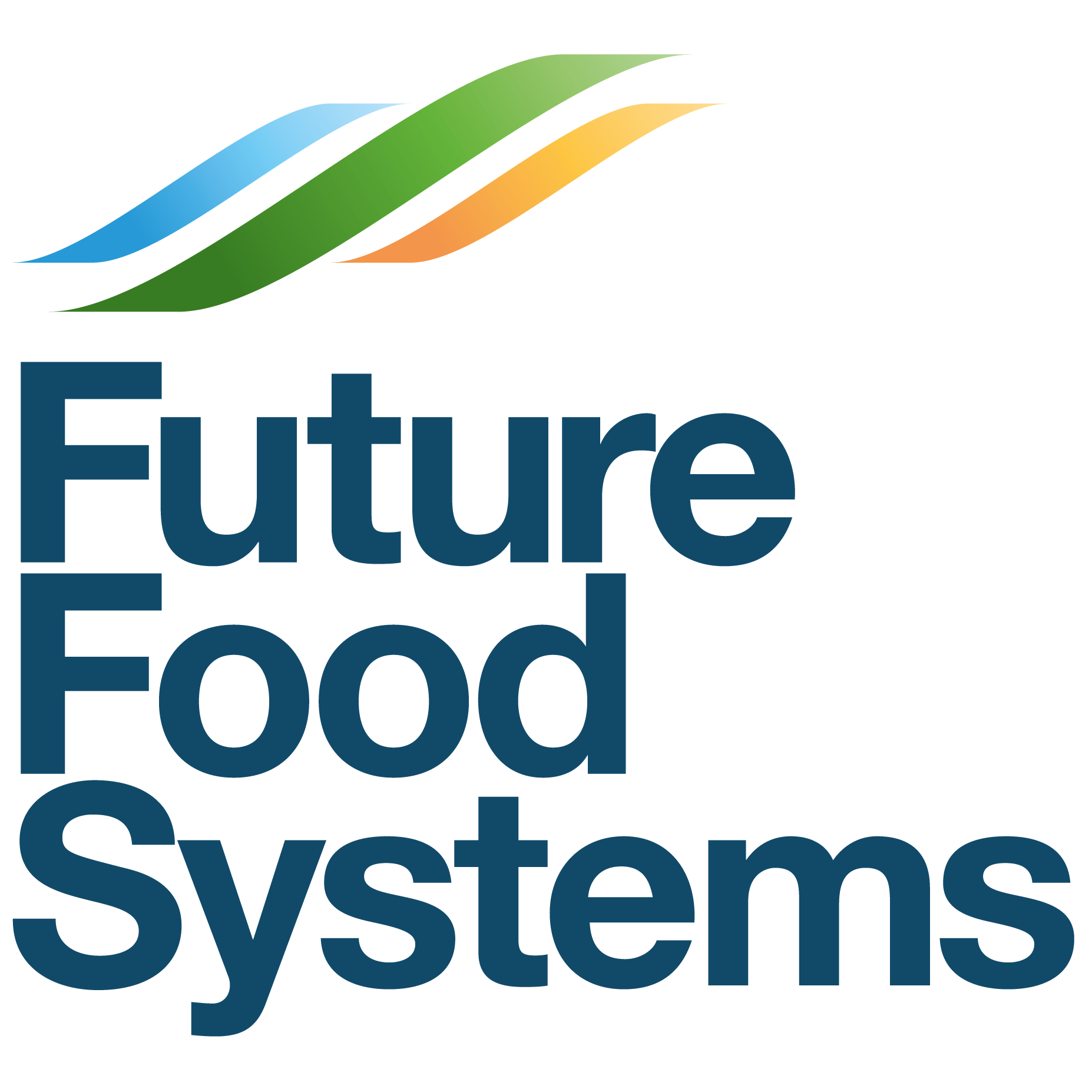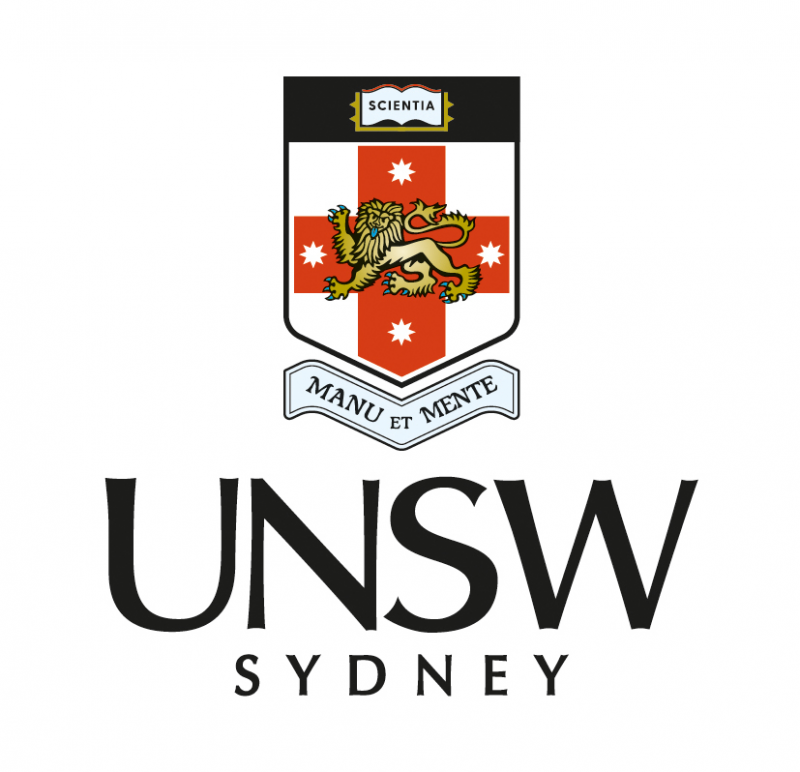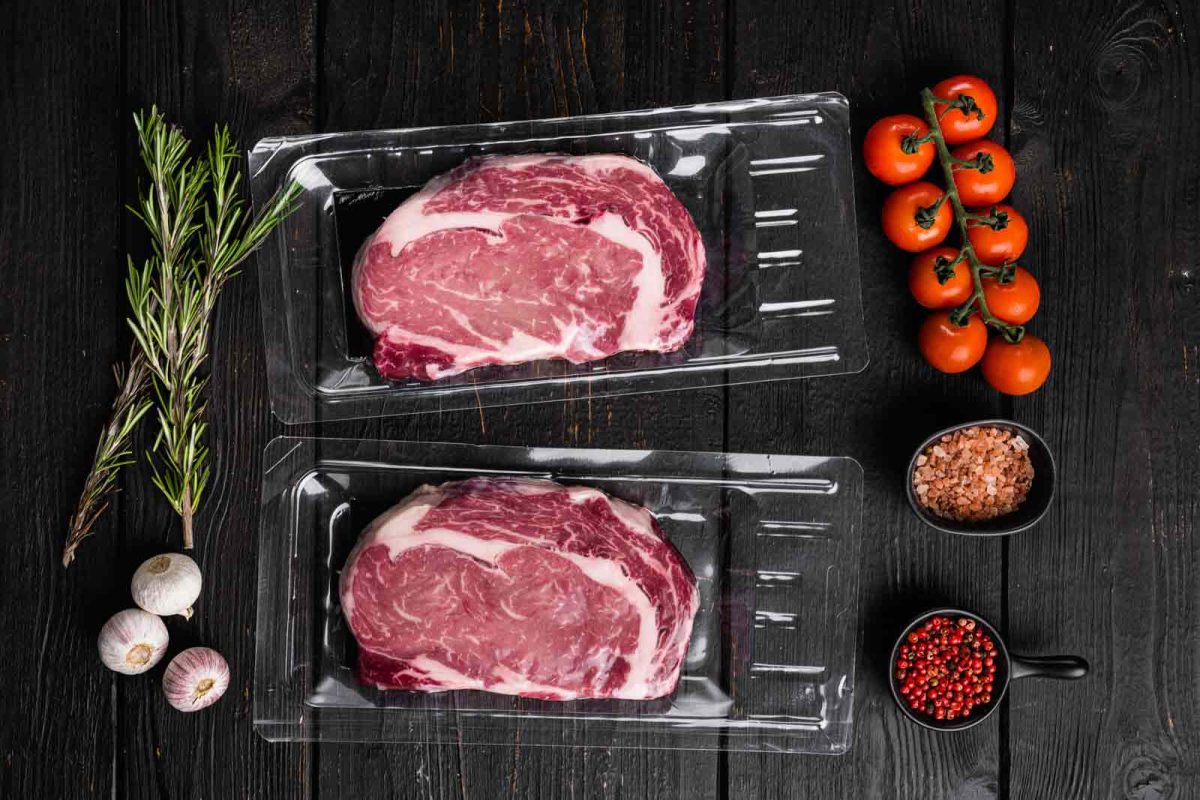Challenge Plastic waste is a pressing global issue, driven by the low degradation rates of common polymers and the greenhouse gas emissions associated with their production, recycling, and eventual breakdown. Among recyclable plastics, PET (polyethylene terephthalate) is widely used, particularly in food and beverage packaging, but its recycling potential is hindered by the deterioration of quality during conventional processes. Existing commercial recycling methods remain limited in their ability to effectively reintegrate recycled PET at high proportions without compromising material performance.
Solution To address this challenge, a novel proprietary technology developed at UNSW by Dr. Agarwal and Prof. Zetterlund offers a transformative approach to PET recycling. The method converts both waste and virgin PET into an aqueous dispersion of submicron-sized nanoparticles without subjecting the material to high temperatures or shear forces, which are common causes of degradation. These PET nanoparticle dispersions can be mixed easily and uniformly, enabling high-quality blends of recycled and virgin PET. The resulting material can be processed into pellets or other bulk forms suitable for packaging applications.
Impact This innovation supports the production of food and beverage grade packaging with a significantly higher content of recycled PET, reducing the reliance on virgin materials. By improving recyclability without sacrificing material integrity, the technology enhances the commercial and environmental viability of PET recycling. The project will contribute directly to the broader objectives of reducing plastic waste, lowering carbon emissions, and supporting circular economy practices in the packaging industry.







